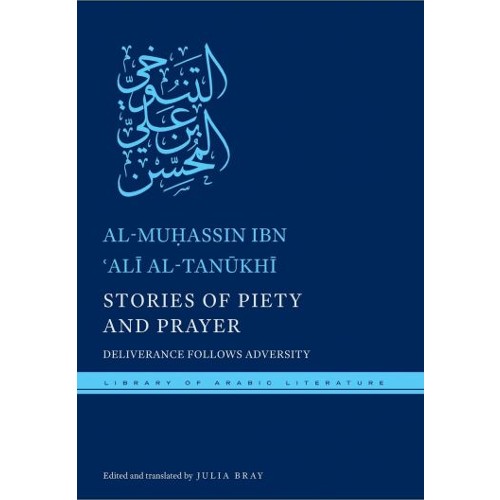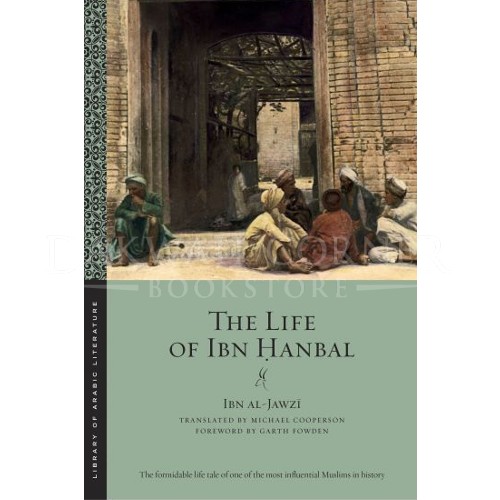A History of Arabic Astronomy: Planetary Theories During The Golden Age of Islam
A History of Arabic Astronomy is a comprehensive survey of Arabic planetary theories from the eleventh century to the fifteenth century based on recent manuscript discoveries. George Saliba argues that the medieval period, often called a period of decline in Islamic intellectual history, was scientifically speaking, a very productive period in which astronomical theories of the highest order were produced. Based on the most recent manuscript discoveries, this book broadly surveys developments in Arabic planetary theories from the eleventh century to the fifteenth. Taken together, the primary texts and essays assembled in this book reverse traditional beliefs about the rise and fall of Arabic science, demonstrating how the traditional “age of decline” in Arabic science was indeed a “Golden Age” as far as astronomy was concerned.
Disagreements of The Jurists: A Manual of Islamic Legal Theory
“This book will be useful especially to those who are interested in the history of law and… the history of the Fatimids.”
Stories of Piety And Prayer: Deliverance Follows Adversity
One of the most popular and influential Arabic books of the Middle Ages, Deliverance Follows Adversity is an anthology of stories and anecdotes designed to console and encourage the afflicted. Regarded as a pattern-book of Arabic storytelling, this collection shows how God’s providence works through His creatures to rescue them from tribulations ranging from religious persecution and medical emergencies to political skullduggery and romantic woes.
The Epistle On Legal Theory: A Translation of Al-Shafii’s Risalah
The Epistle on Legal Theory is the oldest surviving Arabic work on Islamic legal theory and the foundational document of Islamic jurisprudence. Its author, Muhammad ibn Idris al-Shafi’i (d. 204/820), was the eponym of the Shafi’i school of legal thought, one of the four rites in Sunni Islam. This fascinating work offers the first systematic treatment in Arabic of key issues in Islamic legal thought. These include a survey of the importance of Arabic as the language of revelation, principles of textual interpretation to be applied to the Qur’an and prophetic Traditions, techniques for harmonizing apparently contradictory precedents, legal epistemology, rules of inference, and discussions of when legal interpretation is required. The author illustrates his theoretical claims with numerous examples drawn from nearly all areas of Islamic law, including ritual law, commercial law, tort law, and criminal law. The text thus provides an important window into both Islamic law and legal thought in particular and early Islamic intellectual history in general .
This new translation by a leading scholar of al-Shafi’i and his thought makes available in lucid, modern English one of the earliest complete works on Islamic law—one that is centrally important for the formation of Islamic legal thought and the Islamic legal tradition.

















